Homeschooling, for some parents, is a scary educational option. When they think about the task of educating their children, intellectually preparing them for “the real world,” and especially making sure they’re prepared for college, many parents would much rather leave this task to the professionals.
We live in a culture with many vocational specialists, and the field of education is no different. People go to school for years to get degrees in Elementary Education, Educational Leadership, Early Childhood Education, High School Education, Special Education, and the list goes on.
This is one reason why many parents today don’t feel qualified to educate their children at home. What can we say to these parents?
Consideration #1: It’s true; not all parents do a great job homeschooling.
While you don’t need a special degree to teach your children, there are some parents who, because they lack stability as parents, they also lack stability as homeschooling parents. There are many varieties of this…
- Overtly reclusive, hermit-like parents who just want to shelter their children from all the wiles of this world
- Parents with totalitarian, cult-like beliefs and indoctrination practices
- Parents so spooked by modern culture they speak of men like Charles Darwin and The Beatles like boogeyman monsters that hide under our beds at night
- Supremely disorganized and disinterested parents who use child-led “unschooling” strategies as a cover to stay in bed late and neglect doing anything constructive with their kids
Yes, some parents do a poor job educating their children, but this is not because these children were schooled at home.
Consideration #2: The homeschooling environment can be ideal for education.
When done well, home education provides children with a healthy environment for learning. According to a recent survey, more than a third of parents who homeschool today choose home education because of concerns over the “environment” of public schools—safety, drugs, bullying, and the overall school culture.1
Many parents enjoy the freedom homeschooling gives them to foster deeper relationships with their kids and provide a positive, fun learning atmosphere. The home gives the people who are most intimately acquainted with a child’s strengths, weaknesses, and learning styles—i.e. the parents—the opportunity to educate him or her in a personalized way.
Consideration #3: Public education isn’t always what its cracked up to be.
Many parents are becoming disenchanted with public education today. Of course, there are excellent public schools—and fantastic teachers—that, along with parental involvement, prepare students for academic excellence. But many parents are becoming increasingly concerned with the quality of their local public schools.
The US rankings in educational performance is lacking when compared to other nations. Data from 2012 shows US students are continuing to slip in the rankings. Among the 34 OCED countries (Organisation for Economic Co-operation and Development), US students perform below average in math (ranking just 26 among 34) and average in science and reading (ranks of 21 and 17 respectively). This is despite the fact the US spends more per student than the majority of other countries. This study also shows childhood poverty, diversity, high rates of immigration, and the amount spent on education were not predictors of educational performance.2
For more than a decade, education reform policies in the United States like No Child Left Behind have been met with heavy criticisms as student achievement is measured only by standardized multiple-choice tests. According to a survey by Teachers Network, only 3% of teachers in all 50 states think No Child Left Behind helps them teach more efficiently. Parents in many districts complain that the system encourages educators to “teach to the test” or game the system, resulting uncreative and unbalanced education. Students who could achieve more are held to the same standards and aren’t encouraged to advance.
Consideration #4: Statistically speaking, homeschooled children are well prepared for college and do very well.
Home education, by contrast, grants children a unique privilege: customized, hands-on teaching that meets each child exactly where he or she is. This is a huge benefit for both the child who has the potential to be academically accelerated as well as the child who struggles with learning disabilities. And the statistics demonstrate the benefits:
- In his 1999 book, Strengths of Their Own, Dr. Brian Ray concluded homeschoolers averaged in 85th percentile on standardized achievement tests—above public school students. This trend was seen in states where there is no regulation of homeschooling just as much as states with a high degree of regulation. A more recent Education News report confirms these findings: those who are home educated score between the 65th and 89th percentile, compared to other students who score in the 50th percentile.3
- Drs. Rhonda Galloway and Joe Sutton conducted a four-year study to find out how homeschoolers did in college settings compared to other students. In academic, cognitive, spiritual, and affective-social success indicators, homeschool graduates excelled above other students.4
- According to a study published in the Journal of College Admissions, homeschool children are more likely to graduate from college and have higher first year and last year grade point averages than other students.5
Today, doubts among college administrators about the academic potential homeschool students have, have been largely dispelled. Schools like MIT, Harvard, Stanford, and Duke all actively recruit homeschoolers.6
To be able to meet your child where they are academically is a huge benefit of homeschooling. Parents can structure their days and curriculum around their child’s learning style. They can slow down in areas that they struggle in, and accelerate their children in areas where they thrive.
Consideration #5: With a little planning, it is easy to create a great transcript that colleges love.
Good high school transcripts are not difficult to create. Recently we did a webinar with Lee Bintz from The Home Scholar called, “A Homeschooler’s Guide to Grades, Credits, and Transcripts.” If you’re confused about how to write a transcript that helps your child stand out or how to assign credits and grades, this webinar has all the information you need.
Leave a comment
Let us know…
- Did you know anyone in college who was homeschooled?
- What are other objections you’ve heard or you’ve had to homeschooling?
- What do you feel you need to know to ensure your child is prepared for college?
Sources
- The Truth About Homeschooling in America
- PISA 2012 Results
- The Truth About Homeschooling in America
- Home Schooled and Conventionally Schooled High School Graduates
- Home-Educated Doing Well at College: Research by Michael Cogan
- Report: Homeschooling Growing Seven Times Faster Than Public School Enrollment

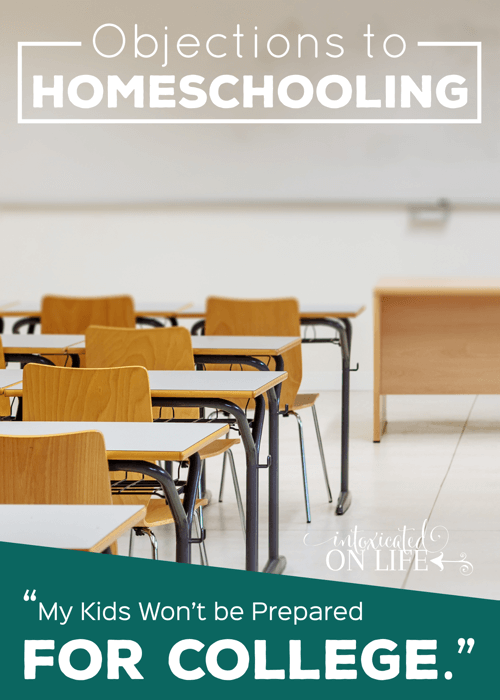
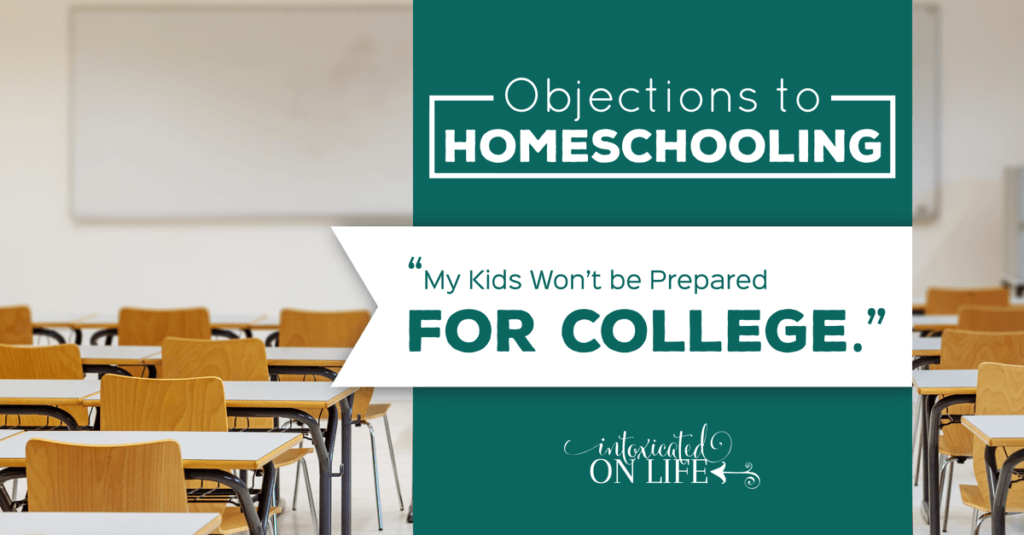
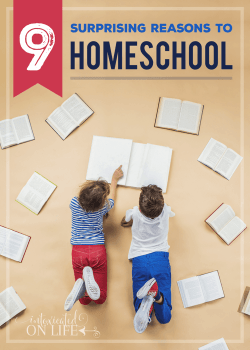
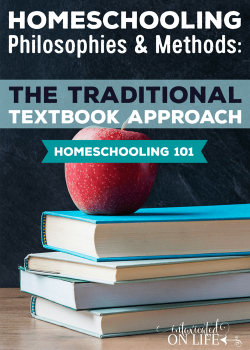


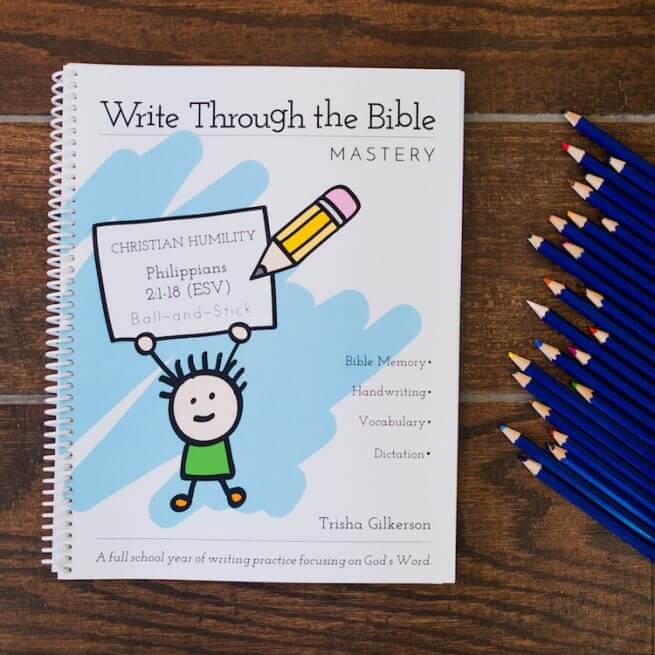
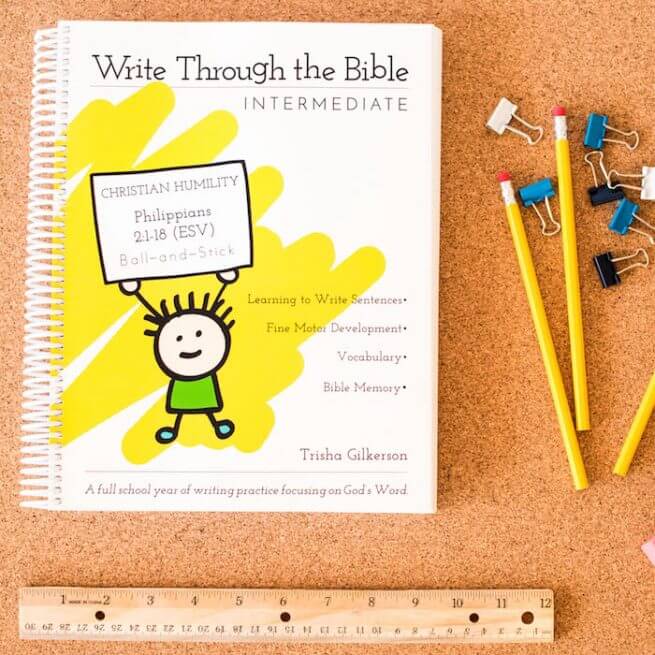
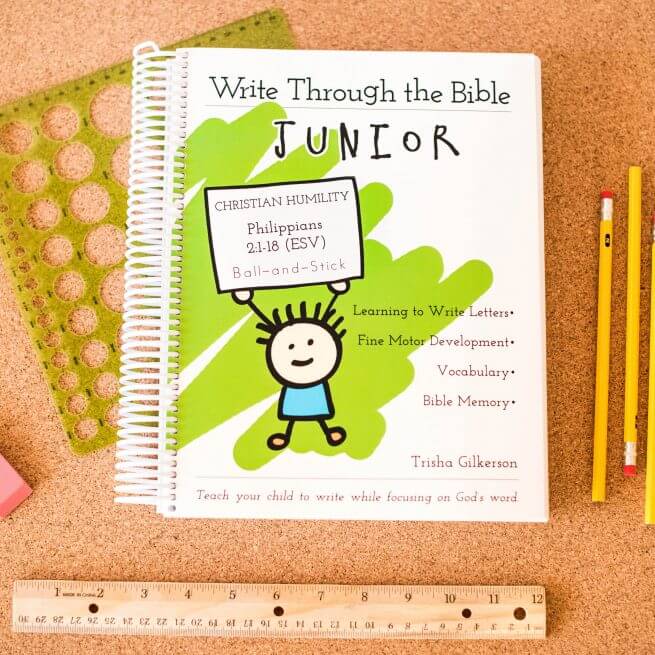
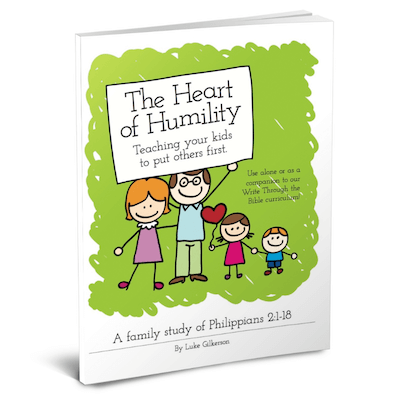

I home schooled BOTH my children one from the 5th grade thru high school and one from pre k through high school at one point we were even Jehovah’s Witnesses (SHOCK SHOCK) and we did some unschooling along the way both turned out fine. My daughter is now 30 and is married with two children and another on the way. She went to college after high school and graduated in Business and Interior Design. My son is finishing college and has graduated one college with Honors. You will find that in life people , neighbors and even relatives come and go. What others say or think is not important because they don’t have to live my life or the life of my children. HOW I teach my children is important. I emphasized education but also made it fun for my children. We did LOTS of field trips and had LOTS of fun in other ways. We had paperwork and vocab words and spelling words and so forth but we also went to the beach, mountains, mineral museum, Grand Canyon and a ton of other places as well. we had great times and made great memories.
My oldest is going to be a junior in college and my other son is going to be a senior this year in high school. Both were homeschooled from the beginning. I was nervous about college too, but both boys had quite high ACT scores. My college son is doing well and had no problems getting in or doing well in college. Don’t worry about it. Take it one day at a time and it will be ok.
Thanks for sharing, Karen!
I have two homeschool graduates now in college. They both adjusted just fine to college life as they were already in control over their education and already had their own schedules. College life is quite different from public high school if you stop to think about it. Homeschooling gave my girls self-confidence and creative skills I never got in public school.
My oldest is 9, so I am not quite there yet, but a friend of mine had her daughter get an interview at Oxford university in the UK, and then get offered a place in the first round of offers at another prestigious university to study English Literature. Now she’s there she’s miles ahead of her classmates because she’s keen, interested, knows how to talk to her tutors, and is used to self directed learning.
Thanks for sharing this story, Rita. I think many studies and the personal experiences of a whole generation of homeschoolers are easily debunking this objection.
You can do what my mom did-convince your kids that you’re a complete and total failure if you have sex-that you’re a horrible person and ruin you’re entire life. It will mess your kids up so bad that they will be terrified to even have sex with their husbands and even more terrified to have kids.
It worked for me!!! I hate everything about sex! Thank goodness I was told I’d ruin my life and go to hell for it!
What a sad story. It is because of stories like this that we often advocate for good sex education among homeschoolers.